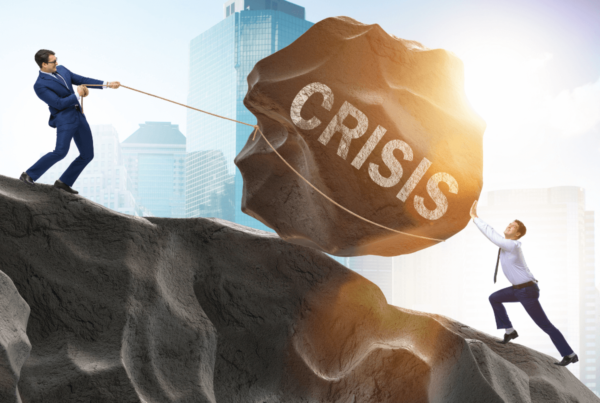Once a year in November, we all wag work a Tuesday afternoon to watch 24 horses gallop at full speed for roughly 3 minutes. The race that quite literally stops a nation. We’re talking about the Melbourne Cup!
Whether it’s the thundering pace of the 3200m race itself, or the rate at which the emptying of champagne bottles contributes to the inevitable loss of our poise and decorum, or our frantically pounding hearts as we cheer our hot tip on for the win, the whole day is frenetic with the energy of speed.
There’s something about operating at speed that makes us feel ALIVE. Am I right?
In the modern world, with social media and work demands driving our schedules, working at speed has become something of a way of life. We can sometimes find it difficult to slow down. We gallop through life, business and relationships.
Working at speed is actually an addiction. Sometimes it’s fun, sometimes it compromises our health and relationships. But in any case, some of us have trouble slowing down. Who’s with me on this?
WHY ARE WE ADDICTED TO SPEED?
In leadership, work and relationships we can get addicted to moving at unsustainable speeds. After all, the thrill of speed offers massive adrenaline highs. Just ask the Melbourne Cup jockeys!
So how does working at a frenetic pace serve us? In other words, why do we do this to ourselves?
The reasons for our addiction to working with unsustainable speed are interesting. Like any addiction, we are likely meeting some core human needs (albeit un-resourcefully) at such a high level, that it’s difficult to transcend the experience.
Over time it simply becomes our pattern, part of our programming. It also makes managing our energy and maintaining quality relationships really challenging.
Perhaps we’re afraid that if we slow down, we might be overtaken or get lost in the pack?
SPEED MAKES US FEEL IMPORTANT
Firstly, as humans we all have a need to feel significant – to be important, to make an impact, to contribute to the world and feel worthy as a result. It’s a powerful, driving force for many of us. When we run fast in leadership, we can brag about how busy we are and it can even lead us to believe we are contributing more than others. Essentially, it’s the need to win and get results that’s propelling us – and that can make us feel important in that moment.
Whether speed is a healthy or sustainable strategy is another matter entirely.
The thing is, when we seek significance in external achievements – ticking off our ‘to do list’, accumulating ‘things’, winning against others – we will never be satisfied. It’s an unresourceful and unsustainable strategy. We’ll never be filled up by those external achievements, because it’s our internal sense of worthiness that needs a solution.
Sure, it’s essential to know we’re capable of overcoming challenges and contributing something worthwhile, but it’s another thing entirely to continually prove ourselves through constantly striving for outcomes external to ourselves.
SPEED AS A STRATEGY TO AVOID MEANINGFUL RELATIONSHIPS
Galloping fast through life and leadership can often be a strategy to avoid the discomfort of slowing down to truly connect with others in meaningful relationships. Given that meaningful connection is a core human need, let’s take a moment to consider how working at speed prevents us from engaging with others in a healthy and sustainable way.
When we work so hard that we don’t make the time to engage fully with others, we only connect with our own thoughts – and therefore the need we are unresourcefully meeting is ‘connection to ourselves’.
What we really need in leadership is resourceful strategies for connecting with others.
Now for some, connecting with our teams, peers and business partners comes naturally, but for others it’s a place of frightening vulnerability where the fear of not being accepted drives us to stay closed. To truly connect, we need to take the time to understand others, and offer the parts of ourselves – our thinking, opinions, fears and emotions – that we usually keep off limits.
CHASING SLOW: HOW DO WE BREAK THE ADDICTION?
The Melbourne Cup jockeys will tell you that pacing yourself over the entire race is the key.
Slowing down means breaking our addiction to getting things done fast at all costs, in service to building relationships and outcomes that will sustain us in the longer term. So how do we maintain our feeling of aliveness, worthiness and connection to ourselves while at the same time slowing down?
The strategies are simple and by no means revolutionary. The answer is in presence. Stillness. Being in the moment. Taking the time to evaluate how we can best serve others. Moving at a pace that is sustainable. Becoming aware of our thinking patterns. Noticing our unresourceful strategies. Listening. Gratitude. Being curious about others. Taking care with our relationships.
Maybe the solution isn’t in galloping our way through life and work, after all.
If you’ve decided to slow down after reading this, we’d love to hear about the changes you’re making and the benefits it brings.
Giddyup.





